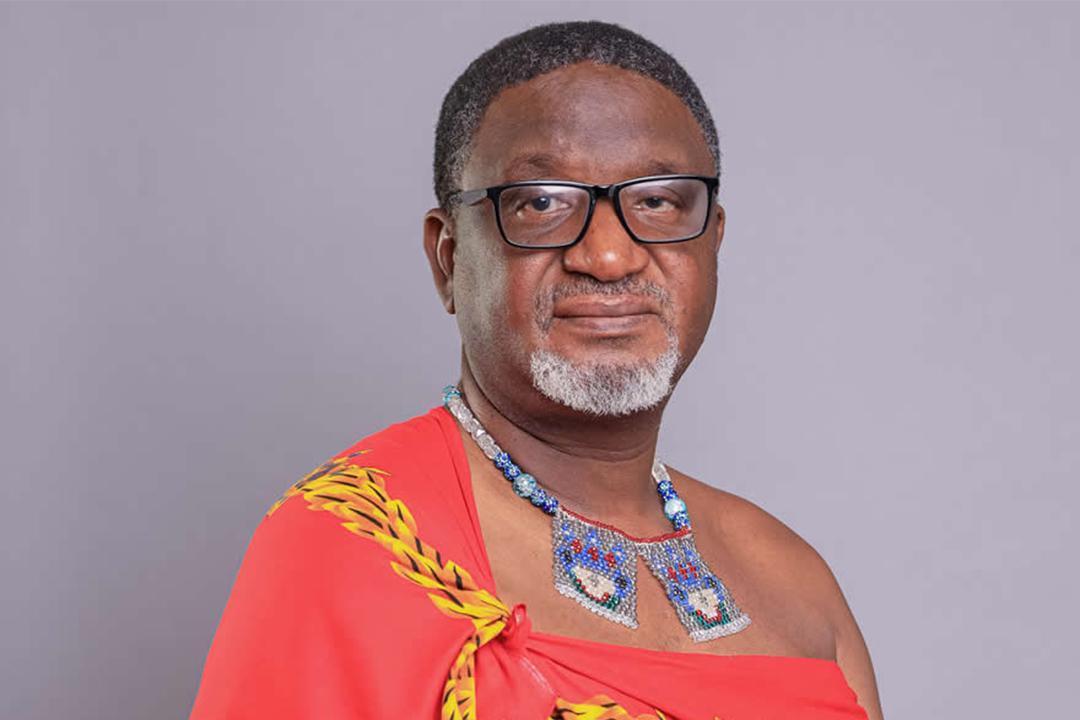Africa-Press – Eswatini. Members of Parliament (MPs) have called for SiSwati to be mainstreamed and used alongside English in all significant national forums, including Parliament.
The legislators urged Prime Minister Russell Mmiso Dlamini to implement Section 3 of the Constitution of the Kingdom of Eswatini, which recognises SiSwati and English as the country’s two official languages. They emphasised that both languages should be used equally in legislative and governmental processes.
The call followed the adoption of a motion moved by Motshane MP Wilton Nkambule and seconded by Mayiwane MP Sicelo Prince Dlamini. Nkambule highlighted that he had long advocated for this motion and was pleased it had finally reached the House. He shared that he recently came across an audio clip of His Majesty King Sobhuza II from 1978, in which the King encouraged Emaswati to participate in upcoming elections and elect representatives who would serve the nation’s best interests, regardless of their level of education.
Nkambule emphasised that this vision of inclusivity was finally realised in 2005, after the Constitution was assented to by His Majesty King Mswati III during Sibaya at Ludzidzini Royal Residence on July 26. He added that statutes enacted in Parliament are meant for Emaswati and therefore should reflect their language, including in key documents such as passports. Nkambule further noted that mainstreaming SiSwati could create employment opportunities, as seen in other countries that have integrated indigenous languages into official use. He cited the introduction of sign language by the Deputy Prime Minister, which created jobs for many citizens.
Seconding the motion, MP Sicelo Dlamini read Section 3 (2) of the Constitution, stating, “The official languages of Swaziland are SiSwati and English,” and urged fellow MPs to adopt the report and ensure government action. Representing the Prime Minister, Deputy Prime Minister Thulisile Dladla accepted the motion and assured MPs that the matter would be actively pursued, signaling a promising step toward elevating the status of SiSwati in national governance.
The initiative reflects a growing recognition of the importance of indigenous languages in preserving culture, fostering inclusion, and creating opportunities for Emaswati across Eswatini.
For More News And Analysis About Eswatini Follow Africa-Press







